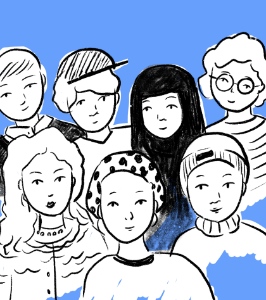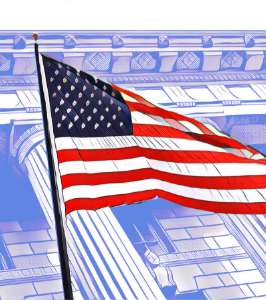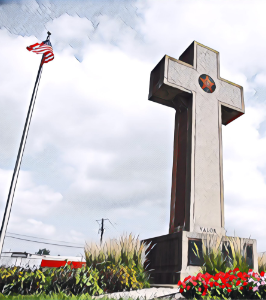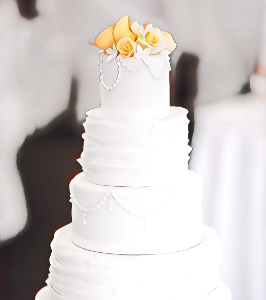Does a woman have the right to wear a religious headscarf at work? Is a bakery owner justified in refusing to make a wedding cake for a same-sex couple? Can there be prayer in schools? Christian monuments on government property? Partisan campaigning in houses of worship? These are the kinds of questions BJC (Baptist Joint Committee for Religious Liberty) grapples with.
Our positions cannot be easily categorized as on the political “right” or “left.” Instead, the stand we take is the one that, we believe, best supports religious freedom.
We are attorneys, Capitol Hill insiders, ministers, mobilizers and scholars. We file briefs in pivotal Supreme Court cases, advocate for and against legislation, testify in Congress and unite with others across faiths to ensure that all Americans have, and will always have, the right to follow their spiritual beliefs. Founded in 1936, we bring our uniquely Baptist perspective of “soul freedom” to protecting religious liberty for all and defending the separation of church and state. BJC is the only faith-based group working on the national level with this singular focus.
Why? Religious freedom is a pillar of American life, written into the U.S. Constitution and spelled out in the first 16 words of the First Amendment: “Congress shall make no law respecting an establishment of religion, or prohibiting the free exercise thereof.” As bold as those words are, however, it’s not always obvious how to apply them in our modern society.
BJC’s Positions
BJC’s positions on religious-freedom controversies in the news

At Issue
Is the White House’s attempt to limit immigration from certain Muslim countries constitutional?
BJC
Argued no, the government cannot enact laws designed to harm a specific religious group.
Outcome
In June 2018, the Supreme Court upheld the validity of the travel ban as within the president’s immigration powers. Click here to read the latest updates on this issue.

At Issue
Should Congress repeal a law that bars houses of worship and charitable organizations from engaging in partisan campaigns?
BJC
Led efforts to organize more than 100 denominations and nearly 5,000 faith leaders in asking Congress to keep the Johnson Amendment, for this reason: It protects houses of worship from the pressures that come with partisan campaigning, including turning their offering plates into political slush funds.
Outcome
So far, the law has remained intact, but efforts to repeal it continue. The IRS diluted it in a court filing in July 2025, but the law has not changed. Click here to read more.

At Issue
Can the government sponsor displays of religion — a giant cross in Bladensburg, Maryland, for example, or a Ten Commandments monument — without promoting one religion over another or religion over nonreligion?
BJC
Filed briefs in multiple cases between 2001 and 2019 opposing the display of such monuments on state property because these displays represent a government endorsement of religion. The state should not take sides between faiths.
Outcome
The U.S. Supreme Court has issued split decisions on the cases so far; click here for information on the decision in the Bladensburg case.

At Issue
Does a business owner have the right to refuse to make a wedding cake for a same-sex couple in a state that requires all businesses open to the public not to discriminate against customers because of their “disability, race, creed, color, sex, sexual orientation, marital status, national origin, or ancestry”?
BJC
Filed a brief arguing no, the baker’s religious beliefs do not provide a blanket exemption to state laws that protect customers against discrimination in the commercial marketplace. Granting an exemption in this case could drastically undermine nondiscrimination laws which provide important protections for religious customers.
Outcome
The U.S. Supreme Court sidestepped the central question in its June 4, 2018, ruling against Colorado, saying the commission had not enforced the law properly.

At Issue
Can an employer deny an applicant a job because she wears a religious headscarf?
BJC
Filed a brief defending the right of the applicant, Samantha Elauf, to wear her hijab while at work.
Outcome
On June 15, 2015, the U.S. Supreme Court held that Abercrombie could not discriminate against Elauf for wearing her headscarf.
Looking Ahead
Today, with increasing threats to religious liberty around the globe, and our own country polarized over everything from discrimination against Muslims and other minorities to the rise of Christian nationalism, BJC’s Executive Director, Amanda Tyler, says, “I truly believe that our entire world has never needed BJC as much as it does right now.”




